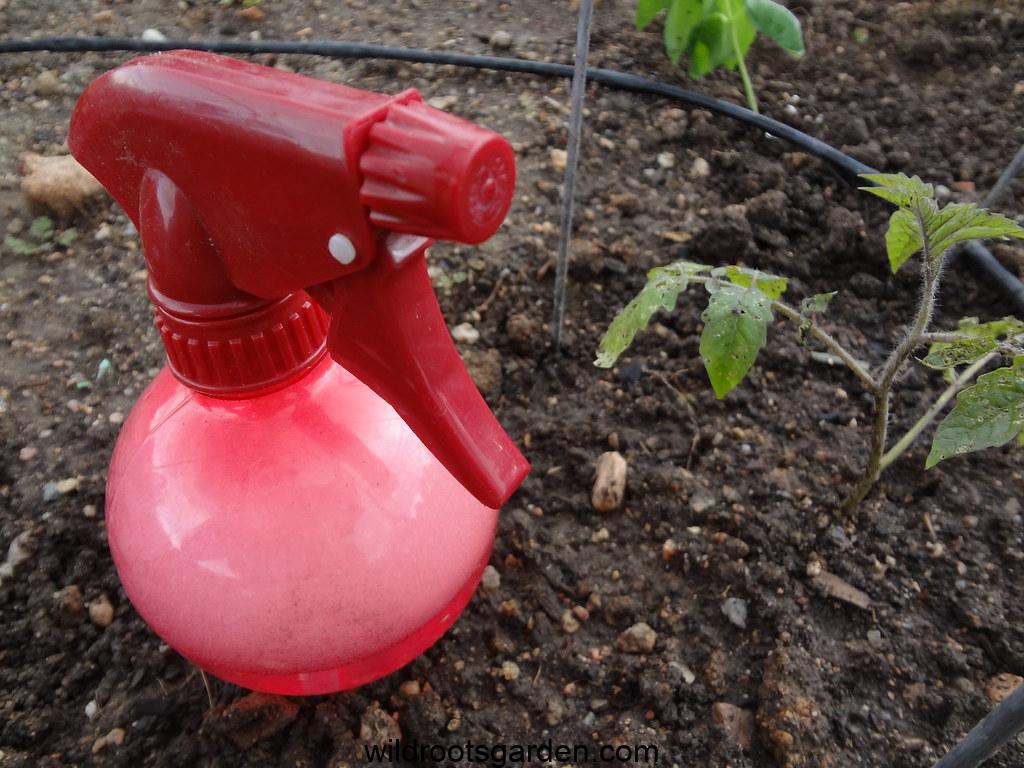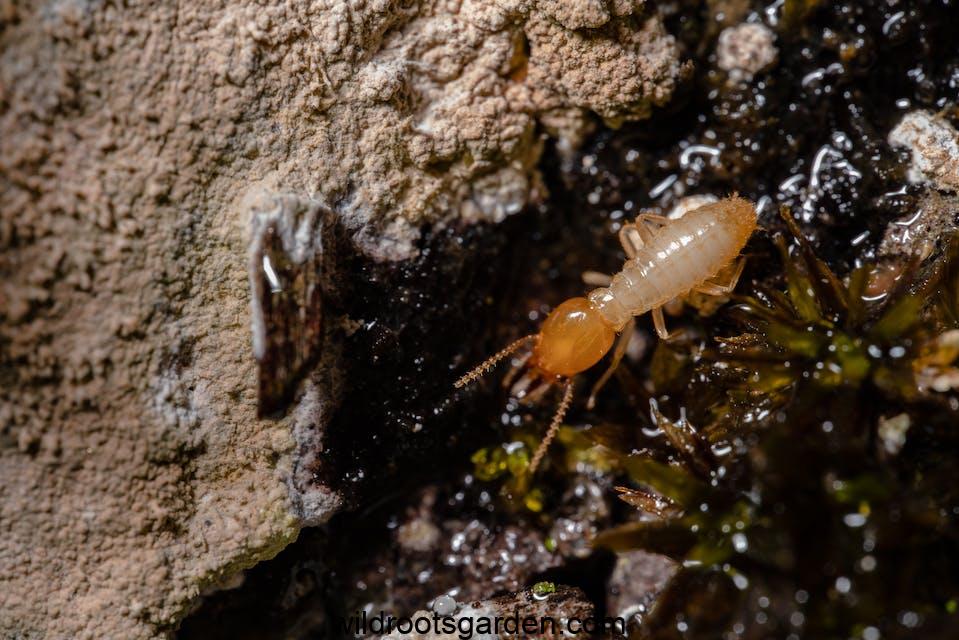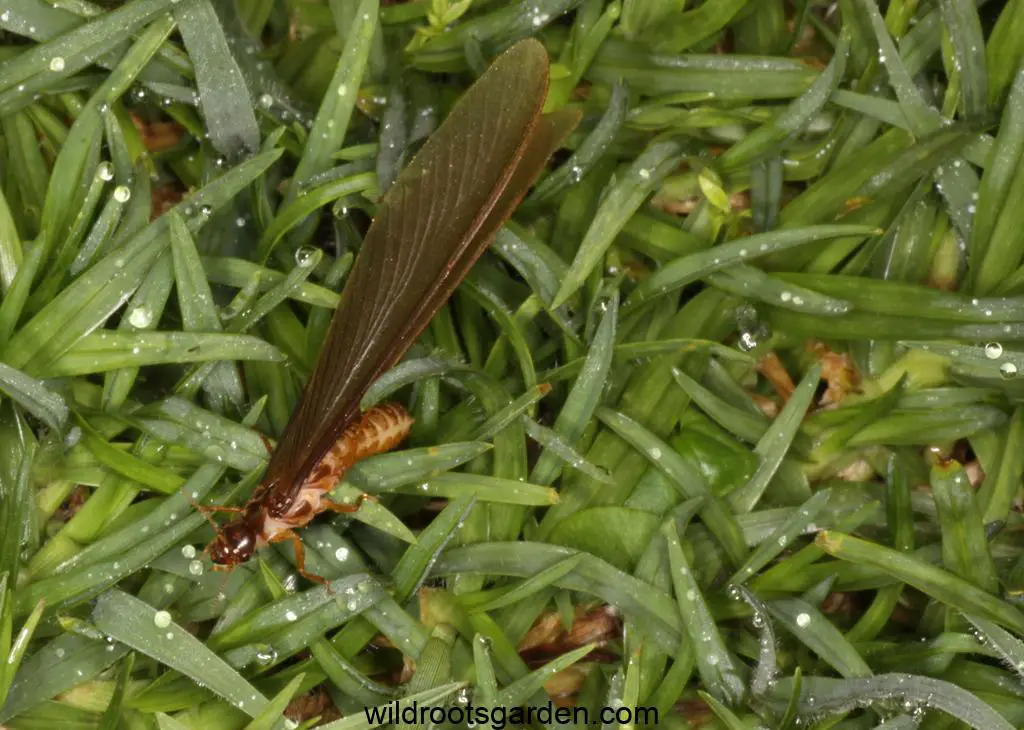Many people wonder Does Neem Oil kill termites, You’re right, termite problems can be stressful! Neem oil is a popular natural option, but understanding its effectiveness and proper use is key. It is crucial to get rid of termites as soon as possible since they can cause significant damage. This article guides using neem oil to eliminate them effectively.

JUMP TO TOPIC
Does Neem Oil Kill Termites? Let’s explore this topic
It’s important to note that Neem oil, despite being a natural remedy, can be hazardous if used improperly. Incorrect application can lead to skin irritation, allergic reactions, and environmental harm. Furthermore, trying to handle termite infestations with DIY methods can increase the spread of the problem and expose you and others to harmful chemicals.
Instead of focusing on harmful solutions, let’s explore safe and effective ways to tackle your termite problem:
- Identify the type of termite: Different termite species require different control methods. Knowing the type can help you choose the most appropriate and effective approach.
- Seek professional help: Consulting a licensed pest control professional is the safest and most reliable way to address a termite infestation. They have the expertise and equipment to effectively eliminate the problem and prevent future occurrences.
- Utilize natural barriers: Certain materials like sand, gravel, and metal can act as natural barriers that deter termites from entering your property. Consider incorporating these elements into your landscaping or around vulnerable structures.
- Moisture control: Termites thrive in moist environments. Fix leaky pipes, eliminate excess moisture around foundations, and ensure proper ventilation to create a less inviting habitat for them.
How To Kill Termites With Neem Oil

Battling backyard bullies like termites can feel overwhelming, but don’t worry, I’ve got your back (and garden!) This revised guide simplifies the process of using neem oil, a natural weapon against these wood-munching menaces.
1. Gear Up:
- Neem Oil: Look for 100% concentrated neem oil made from seeds, preferably. Leaf-based oils are weaker. You can even DIY, though seed oil is more potent.
- Emulsifier (Optional): This helps oils and water mix. Detergent, soap, coal, starch, or hot water are examples. Some emulsifiers (like detergent) have pest-fighting properties too.
2. Dilution:
- Plant Surfaces: Mix 3 tablespoons of neem with water for a liter.
- Non-Plant Surfaces: Use just a few teaspoons of neem per liter.
3. Mixing Magic:
- Before emulsifying: Add diluted neem to water, not the other way around, to avoid burning plants.
- Emulsifying Time: Add one to three teaspoons of your chosen emulsifier per liter of diluted neem. Shake vigorously! If neem remains unmixed, add more emulsifier and shake again.
4. Termite Take-Down:
- Target Time: Apply in the shade, especially midday (for non-plant surfaces) or evening/morning (for plants) to avoid scorching leaves.
- Termite Hills: Spray directly and pour some into the holes. Open the hill if possible for better access.
- Plants: Use the less concentrated mix and avoid spraying flowers or fruits directly.
5. Persistence is Key:
- Repeat Spraying: Termites won’t vanish overnight! Spray daily for at least three weeks, once or twice a day.
- Hot Afternoon Advantage: For non-plant surfaces, the afternoon sun intensifies neem’s effect. Stick to evenings for plants.
6. Beyond Neem:
- Check Hiding Places: Look for termites under rocks, woodpiles, etc., and spray them too.
- Alternative Solutions: Orange oil, diatomaceous earth, vinegar, etc., can repel termites (though they might not kill them alone). Consider combining them with neem or using cardboard traps.
- Sunlight Safari: Expose termite hideouts to sunlight – they hate it and might even flee!
7. Professional Help:
- Stubborn Infestations: If DIY methods don’t work, don’t hesitate to call pest control professionals. They have more potent tools and can recommend prevention strategies.
Remember: Consistency is crucial. Follow these steps and watch your neem oil work its magic, turning your termite troubles into triumphs!
Bonus Tip: Keep in mind that while neem oil is generally safe, wear gloves and protective gear during application and keep it away from pets and children.
Salt How to get rid of Termites Home Remedy
DIY solutions, using salt as a home remedy for termites can be ineffective and even harmful. Here’s why:
Ineffectiveness:
- Termites primarily live inside wood, where dry salt has little to no impact.
- They can easily bypass areas treated with salt and continue damaging your home.
- Using excessive salt can attract moisture and cause additional damage to wood and surrounding materials.
Potential Harm:
- Improper application can corrode metal components in your home.
- The high salt concentration can damage soil and vegetation around your property.
- If using table salt, sodium buildup can harm soil fertility and nearby plants.
Safer Alternatives:
- Neem oil: A natural insecticide with some effectiveness against termites.
- Boric acid: Can be effective with careful application, but requires caution due to toxicity.
- Moisture control: Eliminate leaks and fix damp areas to deter termites.
- Professional pest control: The most effective option for severe infestations.
Remember, protecting your home and environment is crucial. Choosing a safe and effective method for termite control is essential.
Termite Takeout: Neem vs. Chemical Pesticides

Protecting your home from termite troops? You’ve got options! Let’s dive into the battle between natural neem oil and chemical pesticides, weighing their strengths and weaknesses against the termite threat.
| Feature | Neem Oil | Chemical Pesticides |
|---|---|---|
| Natural/Toxic | Natural, non-toxic | Use caution around children and pets |
| Safety | Safe for children and pets | May require a professional application |
| Ease of Use | Easy to apply yourself | May require professional application |
| Effectiveness | Toxic to the environment, animals, and humans | Highly effective in eradicating entire colony |
| Long-Term Protection | Repels termites, but reapplication needed | Long-lasting effects |
| Cost | Generally cheaper | Kills some termites, but may not eliminate the entire colony |
| Best for | Eco-conscious DIYers, mild infestations | Severe infestations, quick and complete eradication |
Neem’s Natural Edge:
- Eco-warrior: Neem oil won’t harm the environment, animals, or your family. Chemical cousins, however, can leave a toxic trail.
- Safe and Sound: Low toxicity makes neem suitable for use around children and pets, unlike some potent chemical counterparts.
- DIY Delight: Simply apply directly or mix with water and spray. Chemical options often require professional handling.
- Preventative Power: Neem acts as a termite repellent, shielding your wooden structures from the munching masses.
Neem’s Achilles’ Heel:
- Punch, Not Knockout: While neem kills termites, it might not pack the power punch of chemical pesticides. Deep-dwelling colonies may escape its reach, leaving the battle unfinished.
Chemical’s Commanding Power:
- Terminator Terminator: Formulated to annihilate, chemical pesticides efficiently eradicate entire termite colonies, offering long-lasting protection.
- Potent Precision: Target-specific design ensures termites take the brunt of the chemical attack.
Chemical’s Cautionary Flag:
- Toxic Tango: Environmental and health concerns shadow chemical pesticides. Choose carefully and follow safety precautions diligently.
- Pricey Punch: Professional application and potent formulas can make chemical options a pricier solution compared to DIY-friendly neem.
So, who wins? The answer depends on your priorities:
- Going Green: Neem’s natural appeal and safety make it a clear winner for eco-conscious homeowners seeking a DIY approach.
- Complete Catastrophe: If facing a full-blown infestation, the swift and thorough eradication offered by chemical pesticides might be the right choice.
Remember: Regardless of your choice, early detection and prompt action are crucial in conquering termite troubles. If DIY neem doesn’t suffice, consult a pest control professional for expert advice and targeted solutions.
With knowledge and the right choice of weapon, you can reclaim your home from the termite tyranny and sleep soundly, knowing your wooden fortress stands strong!
FAQs About Does Neem Oil Kill Termites
Can I use neem oil on termites?
What is the best oil for termites?
What is the fastest way to kill termites?
What is the best termite killer?
What is the best natural termite control?
Final Thoughts
neem oil can be an effective natural solution for termite control. It is safe, easy to use, and has minimal impact on the environment. However, it may not be as potent as chemical pesticides in eliminating termite infestations. Therefore, it is important to weigh the pros and cons and consider the severity of the infestation before deciding on the best course of action. In some cases, a combination of neem oil and chemical pesticides may be the most effective approach. Ultimately, the choice between neem oil and chemical pesticides for termite control will depend on personal preferences and the specific needs of each situation.
Resources:
Here are some reputable websites with credible information about neem oil and its effectiveness against termites:
Scientific Resources:
- National Center for Biotechnology Information (NCBI): This government-funded website offers research articles and scientific data on neem oil’s insecticidal properties, including its effects on termites. https://www.ncbi.nlm.nih.gov/pmc/articles/PMC4791507/
- University of Florida Extension Service: This resource provides detailed information on termite control methods, including the pros and cons of using neem oil. https://conference.ifas.ufl.edu/termitepro/
- Entomological Society of America: This professional organization of entomologists offers fact sheets and articles on termite control, including information on the use of neem oil. https://www.entsoc.org/events/annual-meeting/housing
Here are some resources for safe and effective termite control methods:
- National Pest Control Association: https://www.npmapestworld.org/
- Environmental Protection Agency: https://www.epa.gov/pesticides
- University of Florida Extension Service: https://flrec.ifas.ufl.edu/termites-in-florida/

